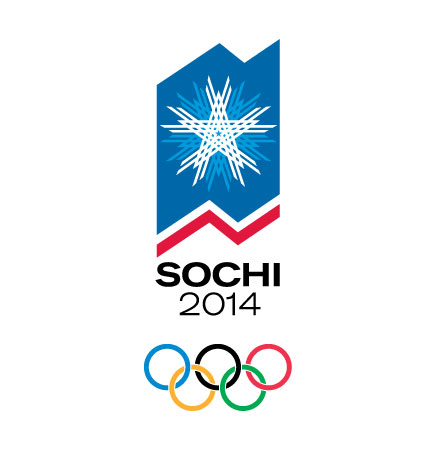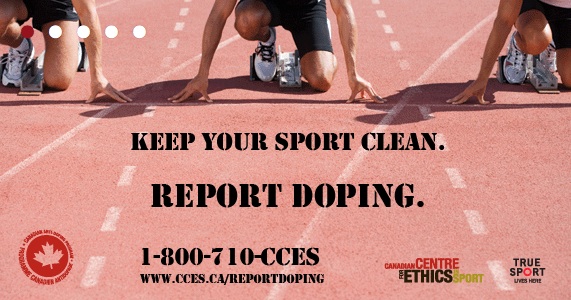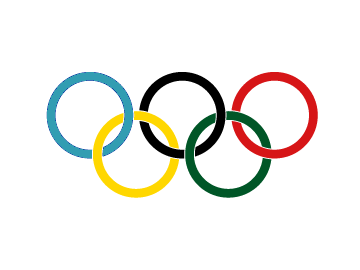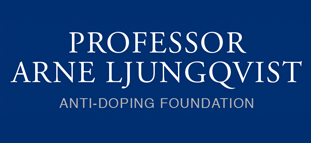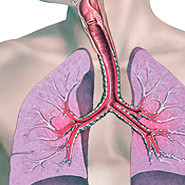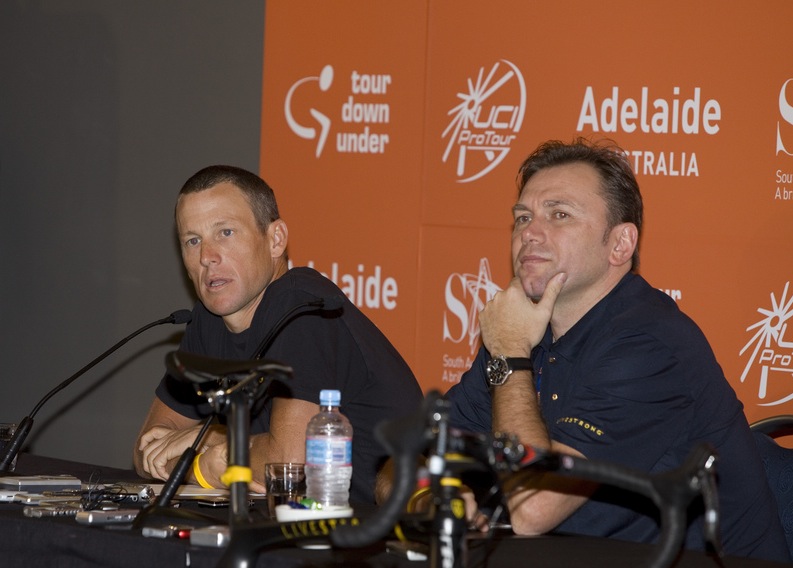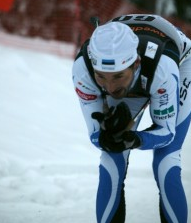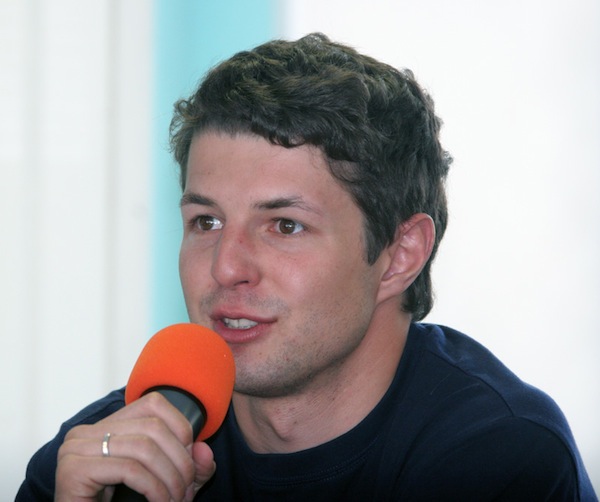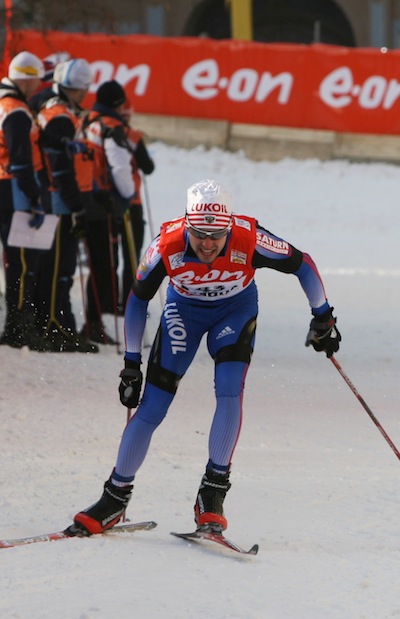After a two-year review process, the World Anti-Doping Agency approved a new code last week, which intends to make it harder for cheaters to cheat. But the efforts are still ongoing, and the code and accompanying regulations aren't foolproof.
HomeTag
WADA
The World Anti-Doping Agency (WADA) discovered a major snafu this week in the leadup to the Sochi Winter Olympics when it rendered Moscow's antidoping laboratory -- the one that's expected to test Olympic athletes in less than three months -- sub-standard.
On Nov. 5, the Canadian Centre for Ethics in Sport announced the creation of a new and anonymous Report Doping Hotline, funded by the Canadian government, Olympic Committee and Paralympic Committee to the tune of nearly $1 million dollars. While the idea of facilitating anonymous doping claims may seem risky, Canada isn't the first to do so and believes the benefits could be substantial.
This Month in Journals: Controversy at the Intersection of Doping and Research
Chelsea LittleMay 28, 2013
This month, the Journal of Applied physiology confronted allegations of scientific misconduct in two cases: one when a study used an athlete who turned out to have been doping, and another when researchers asked participants to use banned methods. The journal invited discussion from many of the scientists involved as well as WADA, with interesting, and antagonistic, results.
Although Andrus Veerpalu technically won his doping appeal against FIS, the issues at stake actually had nothing to do with the ski federation - they were rather under WADA's domain. In an interview with FasterSkier, FIS Secretary General Sarah Lewis talked about what this means for federations like hers which have to follow WADA's scientific lead.
Fifty Years Later, Olympic Anti-Doping Quest is Unrecognizably Changed for the Better
Chelsea LittleNovember 12, 2012
Note: This is the third piece culled from an interview with Professor Arne Ljungqvist. The first two addressed current challenges faced by the International Ski Federation (FIS) and other anti-doping groups today. Since humans first started challenging each other in feats of athleticism, there have been cheaters. And likely for almost that long, there have been cheaters that used some sort of performance enhancing substances to beat their competitors. But it wasn’t until the 1960s...
“Doping is Such a Shame Here”: Why Skiing’s Next Positive Test Won’t Come from Scandinavia
Chelsea LittleNovember 7, 2012
STOCKHOLM, Sweden – Imagine if Charlotte Kalla or Marcus Hellner were caught this season with a positive test for EPO, or maybe a bag of blood in a hotel room. Or what if Ole Einar Bjørndalen showed up with HGH, or Petter Northug with steroids? If you can’t imagine any of these things, it’s because of a cultural change in Scandinavia in the last two or three decades that is the result largely of the...
Rhetoric Aside, a Less Publicized Goal in WADA Ban of Asthma Medications: Healthy Athletes
Chelsea LittleOctober 19, 2012
This is the second of two pieces looking at the use of bronchodilating drugs to treat asthma in athletes – and their changing place on WADA’s prohibited list. available as PDF), the authors write that “Vigorous physical exercise can be followed by transient clinical signs and symptoms similar to an asthma attack and are due to post-exercise bronchoconstriction (i.e., a narrowing of the airways). Clinical symptoms include coughing, wheezing, shortness of breath, excessive mucus...
The U.S. Anti-Doping Agency (USADA) delivered a definitive indictment to the world on Wednesday morning with the release of its reasoned decision regarding seven-time Tour de France winner Lance Armstrong. In the 1,000-plus page document sent to the International Cycling Union and the World Anti-Doping agency, USADA found Armstrong guilty of using of performance-enhancing drugs throughout his career and of playing a central role in enforcing a systematic doping program on the U.S. Postal team....
This is the first of two pieces looking at the use of bronchodilating drugs to treat asthma in athletes – and their changing place on WADA’s prohibited list. *** Asthma is far from uncommon in cross-country skiers: a 1994 study in Norway found that high-level skiers were about three times as likely to self-report as asthma patients compared to the normal population. A 1999 study by researchers in Norway, Sweden, and Nebraska found that even...
clean and lost its fight with WADA to continue issuing lifetime Olympic bans to drug violators. In a statement following the release of the new Code draft, BOA said the proposed ban is “an important step in the right direction, and it’s moving toward reflecting the higher standard that athletes want to see.” The draft is the first-round step in WADA’s Code Review Process. The second phase began June 1, a third phase will begin on...
The International Ski Federation (FIS) Doping Panel has ruled that the competition ban on Estonia’s Andrus Veerpalu will have to start from scratch. The three-year doping ban was originally set to end the day the 2014 Olympic Games concluded, but because he violated its terms this winter by testing skis for the Estonian team at the Otepää World Cup this January, the ban’s start date has been reset to January 21, 2012. The World Anti-Doping Agency...
The International Ski Federation (FIS) Doping Panel came to a final decision on Monday in Andrus Veerpalu’s case. The Estonian champion’s positive drug test from this winter, which came just before World Championships in Oslo and his abrupt retirement, still stands. His two-year ban from competition was extended to three; the end of the sentence in 2014 falls precisely on the closing ceremonies in Sochi. In February, the World Anti-Doping Agency (WADA) found Veerpalu to...
At Polish three time overall World Cup champion Justyna Kowalczyk has never been one to keep her mouth shut. Take, for example, her accusation that Marit Bjoergen’s asthma medicine is performance-enhancing. “Without the medicine Marit would not have won gold medals,” Kowalczyk said at the 2010 Olympics in Vancouver. If Bjoergen has asthma, then it may very well be true. But Kowalczyk’s implication was that either Bjoergen did not have asthma and was taking the...
The anti-doping crew announces that nightly doping raids are on tap for the Oslo World Championships.
NORWAY - Langrenn.com’s exclusive interview with Nikolay Pankratov from September 2, 2010, reveals a universe of difference between Norwegian and Russian training culture.
Actovegin, the drug that Russian cross-country skier Nikolai Pankratov was allegedly caught with last week, is old news, according to experts in the field of anti-doping. But it was unlikely that Actovegin was the only substance Pankratov was using, says one admitted cheater. Few details emerged over the weekend about the case of Pankratov, who according to Russian news agency RIA Novosti was stopped at the Swiss border with intravenous equipment and 22 vials of...
Russian cross-country skier Nikolai Pankratov faces a two-year ban from competition after being caught with intravenous equipment and 22 vials of actovegin, a drug derived from calf’s blood. Pankratov, who is not on Russian national team, had spent time training in Norway in August. He was detained at the Swiss border on Monday, according to
After winning a World Cup competition in Dusseldorf in December, Russian sprinter Alexei Petukhov was asked to describe the source of his strength in the post-race press conference. For most other skiers, the answer would have been simple: training, talent, good technique. But for Petukhov, with four of his Russian countrymen banned from the sport over the past year for doping violations, it was a tough one, and he addressed the issue in his answer....
WADA Executive approves 2010 List
FasterSkierSeptember 25, 2009
The WADA’s Executive Committee, including FIS President Gian Franco Kasper, has approved the List of Prohibited Substances and Methods for 2010. Meeting in Montreal (CAN) last weekend, the WADA Executive was pleased to see that the 2010 List reflects the latest scientific advances. The new List will now be officialized and published on WADA’s Website by 1st October 2009. It will take effect on 1st January 2010. The 2010 List offers some changes compared to...


